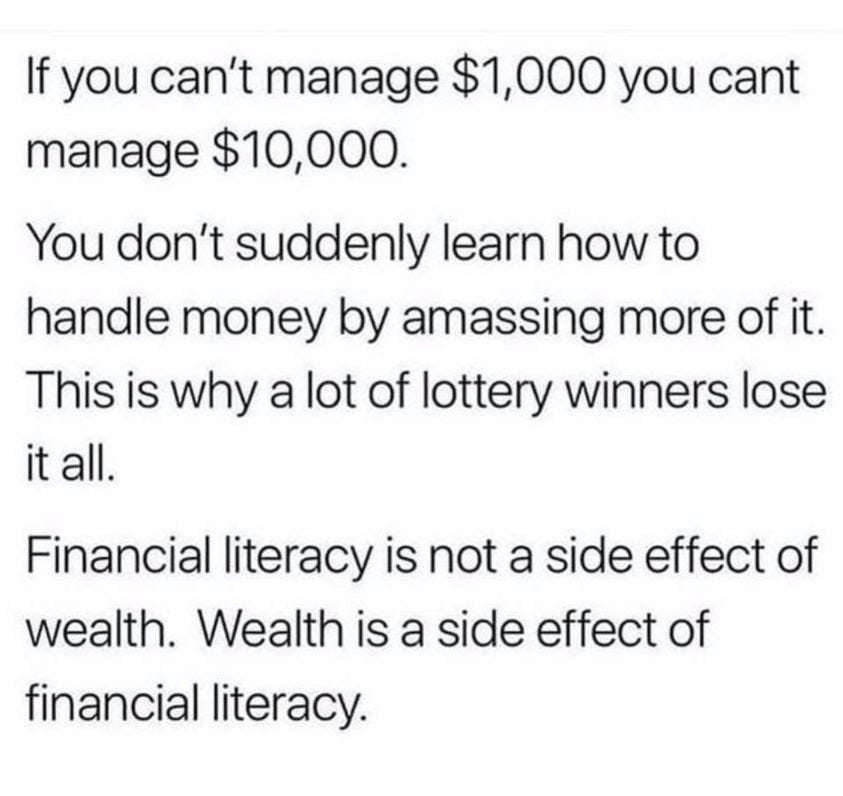Welcome to Sex and the State, a newsletter about power. I’m a writer working on decriminalizing and destigmatizing all things sex. I synthesize empirical evidence, stories, and personal experience to interrogate existing power structures to propose new, hopefully better, ways of relating. To support my work, buy a subscription, follow me on OnlyFans, or just share this post!
~~~~~
Recently someone on Facebook posted the following:
Also recently, a group I’m in started an online toy drive for the holidays. I was nervous to post in the chat that this was meaningful to me, as someone whose name was on the Angel Tree a few times growing up.
I remember being so angry when my mom put our names on the tree. I felt like we weren’t really in need. Our dad and grandmother always bought us presents. I thought those presents should go to kids who really wouldn’t get any otherwise. But there was another undercurrent to my anger. I felt humiliated by our inclusion. It was humiliating to have my mother publicly announce that we needed help.
I think we can all agree that knowing what to do with your money is better than not knowing what to do with your money.
What bothers me about the meme is the idea that poor people are poor due to their lack of financial literacy. The natural conclusion is that if you simply give poor people money they will spend it stupidly and continue to be poor.
The idea that you should teach poor people financial literacy before giving them money is dumb for a few reasons. First, the poor aren’t poor primarily due to a lack of financial literacy.
In America, poor people are poor for a lot of systemic reasons. They’re poor because we don’t have a functional social safety net. We criminalize poverty. And we set up poverty traps that keep people in debt. We also have lower economic mobility than comparable countries and it’s been decreasing for the past few decades. Plus, while the cost of education and shelter has skyrocketed, the wages for the bottom half of earners has stagnated since 1970. Because we don’t have a functional social safety net, people from poor families who become high-earners end up sending much of their money back home to keep a roof over their family’s heads and medicine in their cabinets because those needs are more immediately pressing than investing and creating intergenerational wealth. Poverty is self-reinforcing, as it literally damages your ability to think long-term. Even our aid systems are designed to keep people in poverty through means testing. According to MK Lords, even if you make under the legal amount for aid (in LA County it's $18,000/year for non-pandemic related assistance) they make you report any other money & assets you have because if you have anything you could sell (or god forbid had saved) before you get thrown out on the streets, you won't get aid.
All this means that if you didn’t have the good fortune to be born into a family in the top half of earners it’s tremendously difficult to climb up and tremendously easy to slide down, even if you make pretty good choices with what you have.
Financial literacy is only really useful when you have enough money to meet your basic needs and then some. So it makes no sense, imo, to tell people who can’t make ends meet to “get financial literacy.” Not only does it not make sense, but it’s extremely out-of-touch and condescending, especially when it comes from people who do have enough money to make ends meet.
So, in my mind, it makes no sense to preach financial literacy when we could instead tear down the barriers to economic mobility, set up a functional social safety net, stop criminalizing poverty, and work to lower the cost of living and raise wages for the bottom half of earners.
Telling people to pull themselves up with their bootstraps is a lot less effective (and far less humane) than building systems that make it easier for marginalized people to thrive.
It’s funny how I know all that, and yet I’m still a little embarrassed about having grown up kinda poor. I’m embarrassed about making less money than most of my friends.
Of course there is an element of personal responsibility to poverty. There are choices we all have that can make us richer or poorer. They’re just heavily, heavily outweighed by the structural forces at work. I know that. But I wish I more fully felt it.






Thousands of factors go into making someone economically successful, but it only takes one piece of bad luck to make you an economic failure.
People who post bullshit memes like the one you referenced, have never actually been confronted with misfortune of the sort that can put you out on the street.
If the car breaks down they can pull out a credit card and get it fixed. Take away the credit and they too would face losing a job because you can’t get to work and losing your apartment because you can’t pay the rent. And so on in a cascade of misfortune.
Many lower income people are actually good at managing what little money they have because they have no choice. The deck is stacked against them and they know it. Many rich people can make terrible financial decisions, but get by because they have money.
Of course the idea that poor people are poor because they can’t manage money or they don’t have a “prosperity consciousness” is a staple of countless self help and New Age books and seminars.
They fuel the myth that people have complete control over their circumstances despite all the evidence to the contrary.
The book Dream Hoarders: How the American Upper Middle Class Is Leaving Everyone Else in the Dust, Why That Is a Problem, and What to Do About It by Richard Reeves is a good companion to this post.